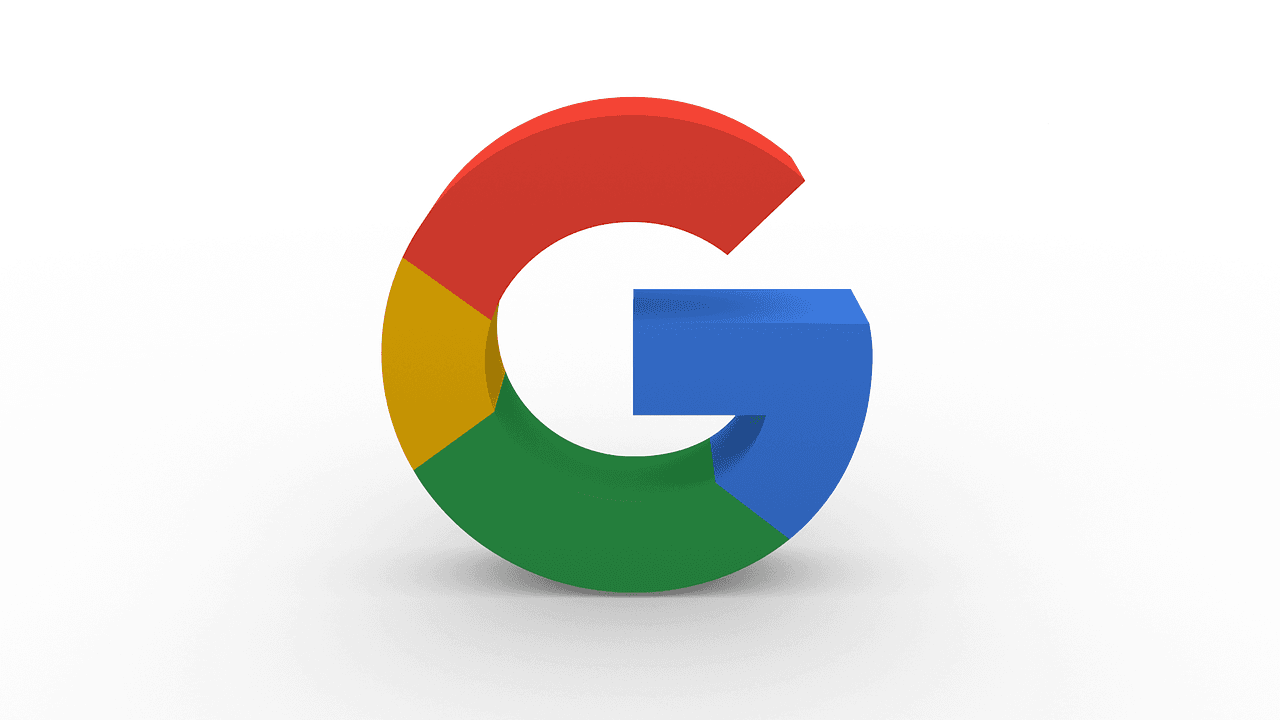Imagine a world without objective laws. You don’t know whether any particular action – say, selling your car, or posting on social media – is illegal or not, until you get charged for “unfair competition” because your price was “too low,” or for “online harming” because you agreed that people should be judged for their character and conduct and not their skin color, and someone complained about being “harmed” by such language. Without objective laws, the courts can arbitrarily determine what counts as “unfair competition” or “online harm” and issue a penalty, including jail. (The latter will soon be reality in Canada, when the Online Harms Act becomes a law).
But those managing businesses don’t need to imagine non-objective laws – they are real. Governments around the world regulate business, allegedly to “protect” competition and to prevent “collusion” and “coercive monopolies.” In the United States in effect since 1890, such regulations are called the antitrust laws. These laws are non-objective because they are undefined, leaving it up to the courts to decide, after the fact, whether a company’s conduct constitutes “unfair competition”, “intent to monopolize”, or “collusion.”
Why should we care? Because the antitrust laws are destructive to business and to the rest of us.
These non-objective laws make operating a business without committing a crime impossible. As Ayn Rand writes:
Under the Antitrust laws, a man becomes a criminal from the moment he goes into business, no matter what he does. For instance, if he charges prices which some bureaucrats judge as too high, he can be prosecuted for monopoly or for a successful “intent to monopolize”; if he charges prices lower than those of his competitors, he can be prosecuted for “unfair competition” or “restraint of trade”; and if he charges the same prices as his competitors, he can be prosecuted for “collusion” or “conspiracy.” There is only one difference in the legal treatment accorded to a criminal or to a businessman: the criminal’s rights are protected much more securely and objectively than the businessman’s.
The antitrust laws are profoundly unjust: they violate the individual rights of business and its customers to liberty and property, by preventing them from trading freely and disposing of their property as they wish. By threatening businesses with physical force (fines, prison terms, or breaking up companies), the government coerces them to operate as it dictates. This is destructive also because it leads to less wealth creation, less innovation, less production and trade, as companies are forced to focus on compliance with arbitrary dictates instead.
The Justice Department’s current antitrust case against Google is an example. The judge has found Google guilty of “intent to monopolize” by paying companies like Apple and Samsung for making its search engine the default on their products. This is allegedly “forcing” those companies make Google’s search engine the default and “forcing” the owners of Apple, Samsung, and other devices to use the Google search engine.
But Google is not a “coercive” monopoly: it has not done any forcing. It has been trading freely, with all parties participating voluntarily. Whatever one may think about Google’s search engine in terms of bias, this is a violation of Google’s right to liberty and to property, and by extension, a violation of those rights of Google’s trading partners.
As Ayn Rand explains, the antitrust laws are based on confusing two types of power: economic power (sometimes called “market power”) and political power. Only the latter is coercive.
Economic power is a positive: it’s power to produce and trade, but not to coerce. This is the power of business that benefits everyone. Google has produced a search engine but is up to consumers to use it or not. They are free to opt for competitors, like Microsoft’s Bing or DuckDuckGo. Other companies can agree to make Google the default search engine on their devices, or not, depending whether they find this advantageous.
Political power, on the other hand, is a negative: it’s the power to use coercion to deter and penalize those who initiate physical force (including fraud). This is the power of government. It does not produce anything but makes production and trade possible by ensuring conditions that make production and trade possible.
The only way a company can become a “coercive” monopoly (such as the U.S. Postal Service’s First-Class mail service or most power utilities) is when the government protects it against competition by using force (penalties) to prevent others from entering the market. A natural monopoly is possible only when the monopolist persuades others to trade with it by offering superior products at lower prices. Doing otherwise would allow competition to enter the market (absent government interference).
By arguing that Google is a “coercive” monopoly, the U.S. government falsely claims the company has political power. The government has failed to perform its only proper role: protecting the individual rights of citizens (including business firms). Instead, it has initiated physical force through non-objective laws that destroy the freedom to produce and trade – freedom that is fundamental to our prosperity and wellbeing.
To restore that freedom, the antitrust legislation must be repealed, and the government must stop interfering with production and trade and return to its proper role as the protector of individual rights against the initiation of physical force.




